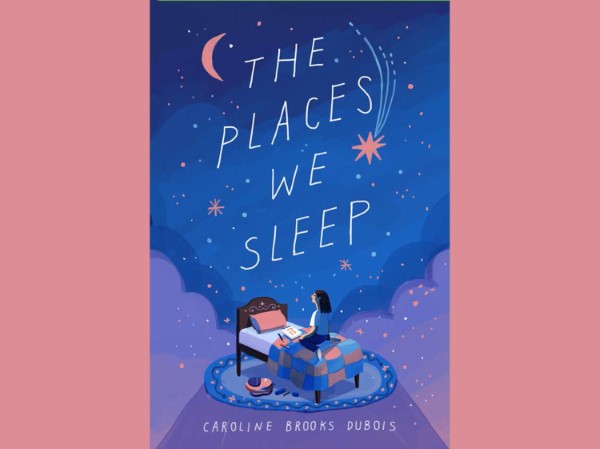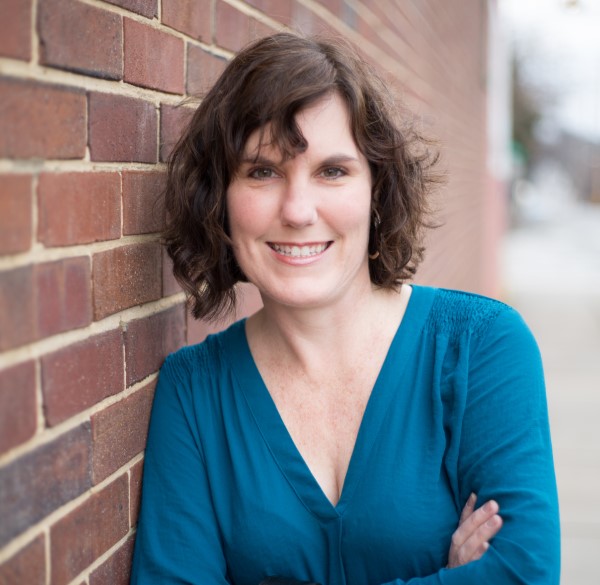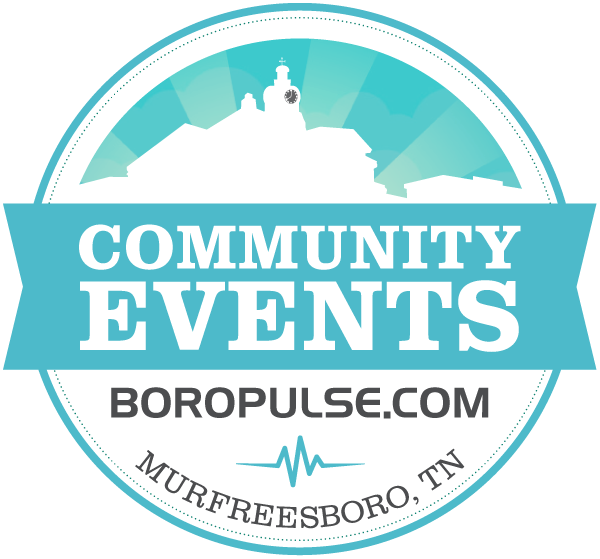
It’s early September 2001, and 12-year-old Abbey is the new kid at school—again. Tennessee is the latest stop her family has made in a series of moves, thanks to her dad’s work in the Army, but this one might be different. For the first time, Abbey has found a real friend: loyal, courageous, athletic Camille.
But everything changes after Sept. 11. Abbey’s “home” looks like it might fall apart as America changes overnight. Abbey’s body changes, too, while her classmates argue and her family falters amidst the pressures of a new national crisis. Like everyone around her, she tries to make sense of her own experience as a part of the country’s collective pain. With her mother grieving and her father prepping for active duty, Abbey must learn to cope.
Written in narrative verse, The Places We Sleep by Caroline Brooks DuBois, released earlier in 2020 from Holiday House Books, tells the story of Abbey’s journey and provides a portrait of the military family experience during a tumultuous period in our history.
DuBois, who spent her childhood in Murfreesboro and graduated from Riverdale High School, is the daughter of two former local educators.
“My dad was the speech and debate chair at MTSU and my mom worked most of her teaching career in Rutherford County public schools,” she said.
After high school, the author attended Converse College in South Carolina and later received a master of fine arts degree in poetry at the University of Massachusetts, Amherst.
DuBois currently lives in Nashville, where she has taught poetry workshops, writing classes and English at the middle school, high school and college levels.
She wrote The Places We Sleep to be both personal and universal, a sensitive coming-of-age novel for poetry fans of all ages.
Did it actually happen?
Did buildings really fall?
Or was it just a scene
from a movie I once saw?
Without witnessing something firsthand,
it’s hard to believe in it after a while—
the way it’s hard to believe that someone you know
is no longer living, breathing,
and being.
But if buildings as grand as those
can just vanish . . . it must be so.
The book continues to recount the main character’s challenges at school and her longing for her father to return “back to the place where we all sleep.”

A Q&A with Caroline Brooks DuBois –
What was the inspiration behind The Places We Sleep and what drew you to writing it in verse?
Caroline Brooks DuBois: Pregnant when 9/11 occurred, I feared bringing a child into such a frightening and unpredictable world. In the years that followed, my brothers and my brother-in-law were all called into active duty and deployed to Afghanistan and Iraq. These events inspired Abbey’s story. I wanted to write about how world events have rippling effects on individuals and familial relationships in unexpected ways. Abbey’s coming of age story unfolded naturally in poetry, perhaps as a lyrical way to process 9/11, but also likely because I’d recently completed my MFA in poetry.
How much of the novel is inspired by your own experience growing up in the South in a military family?
Although I did not grow up in a military family, both of my grandfathers served in the military, as well as both of my brothers, my brother-in-law and my sister-in-law. Abbey’s story is about being a military child, but it’s also about many other things—identity, loss and grief, creating art in the face of tragedy, tolerance and acceptance, and friendship. It’s about how world events can touch individuals in large and small ways.
What was your experience of Sept. 11, 2001?
On Sept. 11, 2001, I was working as an editor for a company in the South. The news rippled through our office, as we all had family and friends in the affected cities. Like JFK’s assassination for my parents, the Challenger explosion during my youth, 9/11 was one of those impact moments that you cannot forget, one of those moments where people can typically tell you exactly where they were when it happened, what they were doing, and maybe even what they were wearing.
How are children particularly impacted by national trauma?
The current national trauma of the Coronavirus pandemic may have a similar impact on youth. Children are impacted by national trauma in ways adults cannot always understand; therefore, reading stories and creating art about such traumas can help children process such events in a safe space.
Why do you think this story is important for the middle grade audience?
Middle grade students I’ve taught often have had only a fuzzy understanding of the events of 9/11, and the nonfiction texts they’ve typically enjoyed the most in my classroom were almost always couched in a narrative story. I hope Abbey’s story will spark curiosity in young readers about 9/11 and the monumental lessons we learned and are still learning from that tragedy. I hope the book will leave readers with a memorable story about a girl who may not be all that different from themselves. Furthermore, I hope student readers are gently nudged to learn the names of others with whom they share classes and hallways and to act with kindness and dignity to those they may not know or understand. Maybe it will even inspire some young reader to choose to deal with life’s challenges through art or poetry or other forms of creativity.
What was your journey to becoming published like? Do you have any advice for other aspiring novelists?
I won’t sugarcoat it—my journey to publishing this novel was arduous and filled with more than one agent and my share of rejections, definitely not an instant success story aspiring writers might crave to hear. Fortunately it was dotted with minor accomplishments along the path to keep me going. Publishing is like training for a marathon in endurance and perseverance, and I’ve been collecting writing knowledge for years from attending conferences, maintaining critique groups, teaching adolescents, reading literature for children, and by returning day after day to the blank page to chase a story or poem. My advice is know your audience by interacting with them, and then tell the stories that your heart demands that you tell. Also, learn to wear and enjoy wearing many hats—writer, reviser, learner, reader, promoter, and so forth.
What is the writing process like for a novel in verse?
Writing a novel in verse is a unique experience in that each poem can act as a scene or a portion of a scene, like the bones of a novel. A distinction from the traditional prose novel is that there are a lot less connective tissues to string scenes together. Therefore, the writer has to consider how the narrative will develop, while ensuring the language is precise and intentional in word choice, connotation and imagery. At its best, a story poem is a picture painted with words that also reveals character and develops plot. Books in verse create more white space between scenes as well as playful or dramatic visual messages with syntax, punctuation and form, which can motivate or hook adolescent readers.
___
The Places We Sleep by Caroline Brooks DuBois is available at amazon.com,
barnesandnoble.com and other online retailers.













